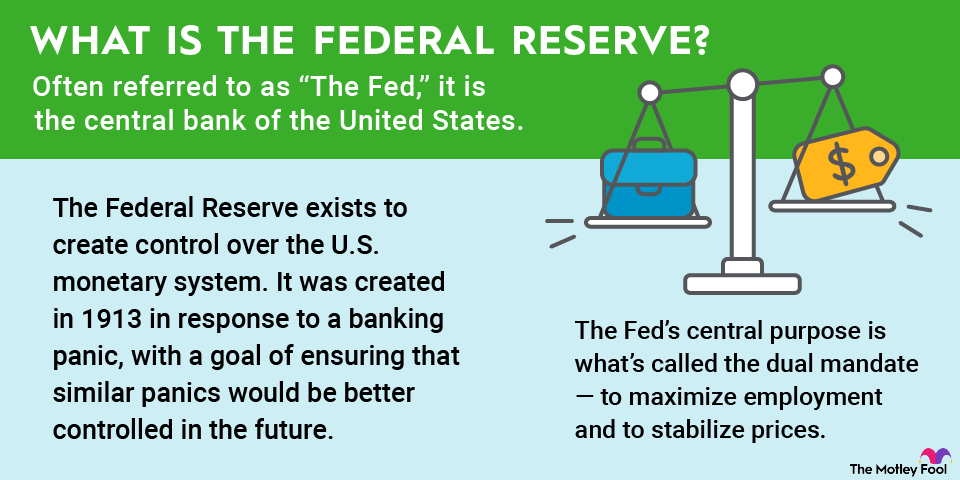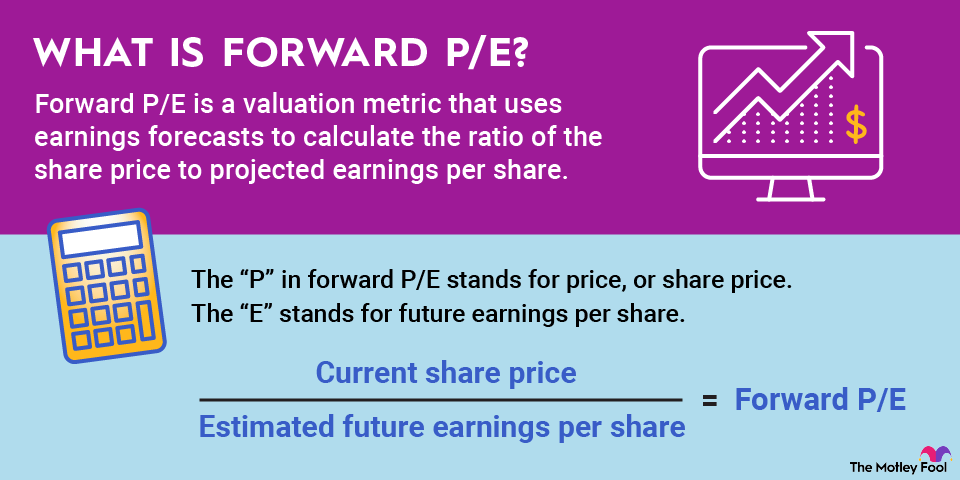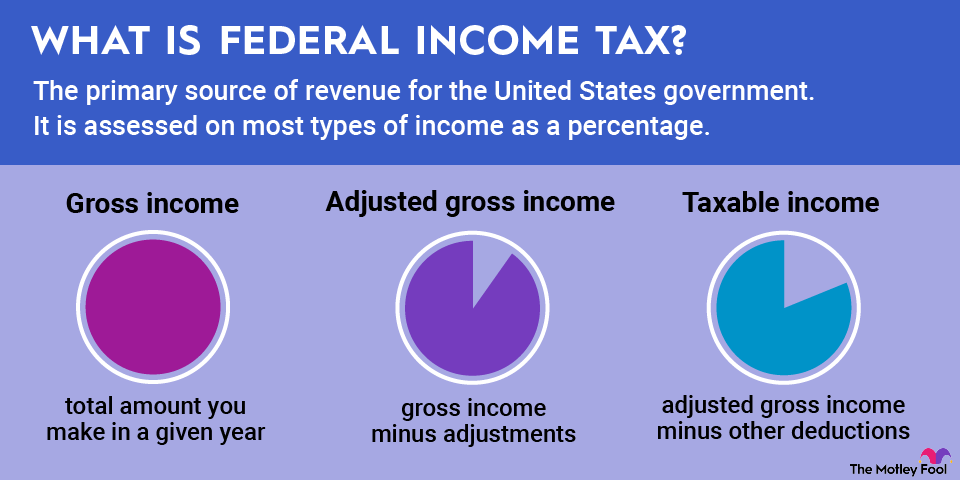If you're worried about outliving your money, a fixed annuity is worth considering. You pay a sum of money in exchange for a stream of fixed payments. A fixed annuity can make sense in some situations, but this financial product isn't right for everyone. We'll explain how fixed annuities work and weigh their pros and cons.

What is a fixed annuity?
A fixed annuity is an insurance contract where you pay an upfront sum of money in exchange for a steady income and a guarantee from the insurer that your principal will grow at a fixed rate. The rate is determined by the insurance company at the time you sign the contract. However, some fixed annuities only guarantee a minimum interest rate for a portion of the contract.
Although the insurance company guarantees a minimum interest rate, sometimes the insurer will credit the policy with an interest rate above the minimum if the company outperforms and its board of directors approves a dividend.
There are several ways a fixed annuity can be structured.
Deferred vs. immediate annuities
A deferred fixed annuity is an annuity that you fund in exchange for payments at a later point in time. An immediate fixed annuity begins providing income immediately after purchase.
Single-premium vs. flexible-payment annuities
A single-premium fixed annuity is one that you purchase with a lump sum of money. A flexible-payment fixed annuity is funded by payments over time. Flexible-payment annuities are always deferred; a single-premium annuity can be immediate or deferred.
Lifetime vs. fixed-period annuities
A lifetime annuity provides income for the rest of the life of the annuitant (the person who purchased the annuity). A fixed-period annuity provides income for a set period, like 10 or 20 years.
Pros and cons of fixed annuities
Many people buy fixed annuities as part of their retirement planning because they're seeking financial security. However, there are important advantages and disadvantages to consider.
Pros
- Predictable income: A fixed annuity offers a steady stream of income that can appeal to people who are worried about running out of money in retirement.
- Guaranteed interest rate and principal protection: The insurer guarantees an interest rate with a traditional fixed annuity. That means you don't have to worry about losing money due to stock market volatility.
- Less complicated than other annuities: Many annuities are incredibly complex financial products, but fixed annuities are typically the most straightforward option.
- Tax-deferred growth: As with other annuities, a fixed annuity grows on a tax-deferred basis, meaning you won't owe taxes until you start receiving income. When you start receiving payments, you'll be taxed on the growth portion of the income.
Cons
- Inflation risk: If you buy a fixed deferred annuity with plans to use it in a decade or two for retirement income, there's the risk that high inflation could significantly reduce the purchasing power of the money you're guaranteed.
- Low returns: The interest rates you're guaranteed through a fixed annuity are on par with a certificate of deposit (CD) or bond fund. The stock market carries more risk, but it also comes with far greater potential returns. For this reason, fixed annuities are best for risk-averse investors.
- Illiquid: An annuity is an illiquid asset, meaning you can't access your money without incurring substantial costs. You'll get hit with a 10% early withdrawal penalty, and the annuity will lose its tax advantages if you take money out before 59 1/2. Most annuities also come with high surrender fees.
- High commissions and fees: Although commissions and fees are lower for fixed annuities compared to other types of annuities, they're still significant. Single-premium annuities typically have commissions ranging from 1% to 3%, while deferred fixed annuities usually have commissions in the 2% to 4% range. You'll also pay administrative fees of about 0.3% of the contract's value.
Should you buy a fixed annuity?
A fixed annuity makes the most sense if you're concerned that you may outlive your retirement savings. It may be worth considering if you're in excellent health and have a family history of longevity, but it's usually not a good option for someone who doesn't have a long life expectancy.
Before you sign a fixed annuity contract, be sure you understand the following:
- What happens when you die: One drawback of buying any annuity is that under some contracts, your heirs won't receive anything when you die. Make sure you understand whether your contract provides for lifetime payments (a single-life annuity) or a set period of time (life annuity with period certain). In the latter case, any remaining payments would go to the person you name as the beneficiary.
- Surrender charges: An annuity is an illiquid investment, meaning you pay a high cost if you need your money -- or under some contracts, you may be unable to withdraw your money. Make sure you know the cost of any potential surrender fees. Some fixed annuities have surrender fees as high as 7% of the contract's value, although this charge typically only applies during the first six to eight years of the contract.
- The financial stability of the insurer: There are four major credit rating agencies that evaluate the financial health of annuity providers: A.M. Best, Standard & Poor's, Moody's, and Fitch. Be sure the insurance company is financially sound by checking out the ratings from at least two agencies.
- Your alternatives: Because annuities are complex financial instruments, consider discussing your goals with a financial planner who offers fee-only services, meaning they don't get a commission for selling you a product. While you can ask for help comparing several different annuities, a financial planner can also suggest alternatives. For example, if fixed income is the goal, you could also consider a dividend or bond exchange-traded fund (ETF).
Related investing topics
Example of a fixed annuity
Suppose you're looking to supplement your retirement income, so you shop for fixed annuities. You're 70 years old, and you're seeking to annuitize, or draw income, from the contract in 10 years.
For $50,000, you could buy a single-life-only fixed annuity. You'd get monthly payments of $904 for life when you start drawing from the contract, but when you die, your heirs are left with nothing.
You could also use your $50,000 to buy a single-life annuity with 20 years certain. You receive the income for life, but if you die in the first 20 years, your beneficiaries receive any remaining payouts. But because the insurer is on the hook for at least 20 years of payments, your $50,000 would only buy you $573 of monthly income.



















